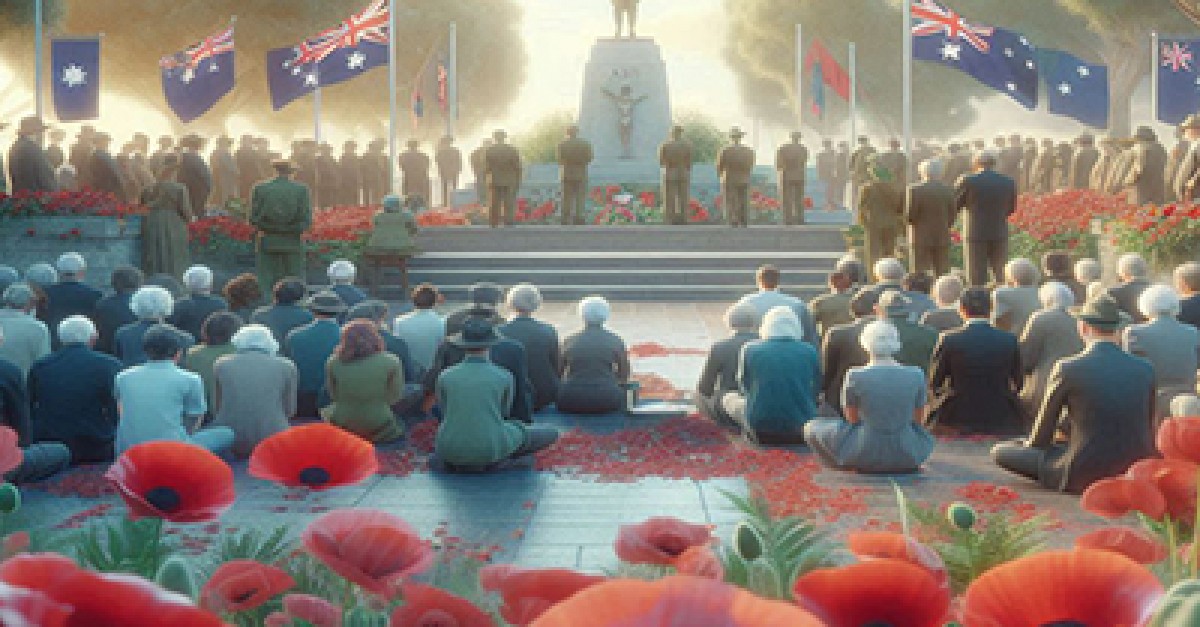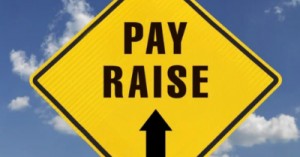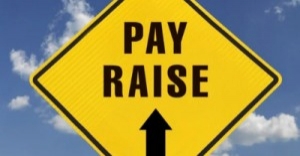Sherwood Ridge Public School in Kellyville faced criticism for allowing students to opt out of its Anzac Day service. The decision was reportedly made to accommodate a small number of Christian students whose families do not commemorate war due to religious beliefs.
This move sparked backlash from war veterans and community members who argued that all students should be educated about the sacrifices of Australia's service members.
The public reaction to Sherwood Ridge Public School's decision to allow students to opt out of its Anzac Day service was overwhelmingly negative. Parents, veterans, and community leaders expressed outrage, arguing that all students should participate in commemorating the sacrifices of Australia's service members.
Veterans, including former commando and RSL NSW president Mick Bainbridge, emphasized that Anzac Day is a crucial national event that should be universally observed. He stated that it is an opportunity for Australians to honor the sacrifices of Defence Force personnel since 1915. Veteran Advocacy Australia condemned the school's decision as "disgusting" and called for intervention from NSW Premier Chris Minns. Former NSW Veterans Affairs Minister David Elliott also criticized the move, calling it an insult to the families of the 100,000 Australians who died in service.
Parents voiced their frustration on social media, with one mother stating that honoring fallen soldiers "has nothing to do with religion" and should be a universal act of respect. Another parent argued that Anzac Day is not about celebrating war but about remembering those who gave their lives for the country.
Following the controversy, NSW Education Minister Prue Carr intervened, stating that schools are expected to uphold Anzac Day traditions. The principal later issued an apology, acknowledging that the initial message was seen as disrespectful by some members of the community. The school has since clarified that all students are expected to attend the service.
The debate highlights broader discussions about the role of national commemorations in education and whether students should have the choice to opt out based on personal or religious beliefs.
What Is The Historical Significance Of Anzac Day?
Anzac Day, observed on April 25, commemorates the landing of the Australian and New Zealand Army Corps (ANZAC) on the Gallipoli Peninsula in 1915 during World War I. The campaign was intended to secure the Dardanelles Strait from the Ottoman Empire, but it resulted in heavy casualties and ultimately failed. Despite the military defeat, the bravery and resilience of the ANZAC troops became a defining moment in Australian and New Zealand history, shaping national identity and fostering a spirit of unity and remembrance.
Since 1920, Anzac Day has evolved into a broader day of remembrance, honoring all service members who fought and died in World Wars I and II, as well as conflicts like the Korean and Vietnam wars. The day is marked by dawn services, parades, and ceremonies, where veterans and civilians alike pay tribute to the sacrifices made by past and present military personnel.
The Anzac legend—characterized by courage, mateship, and perseverance—remains a powerful symbol in Australian and New Zealand culture, influencing how both nations view their history and future.
References:
We Can't Let Our Kids Opt Out Of Anzac Day. It's Bloody Unaustralian, Kidspot Australia
NSW Education Department Responds To Backlash Over Sherwood Ridge Public School’s Anzac Day Stance, 7 News Australia
ANZAC Day, Britannica







 On 10 December 2025, the Fair Work Commission issued a major determination affecting the Children’s Services Award 2010 (MA000120). These changes form part of the
On 10 December 2025, the Fair Work Commission issued a major determination affecting the Children’s Services Award 2010 (MA000120). These changes form part of the Over the next five years, educators across the sector will see steady, structured wage increases designed to lift pay to the new benchmark rates for
Over the next five years, educators across the sector will see steady, structured wage increases designed to lift pay to the new benchmark rates for The Fair Work Commission has introduced important changes to how cooks are classified and paid under the Children’s Services Award 2010. These changes recognise that
The Fair Work Commission has introduced important changes to how cooks are classified and paid under the Children’s Services Award 2010. These changes recognise that